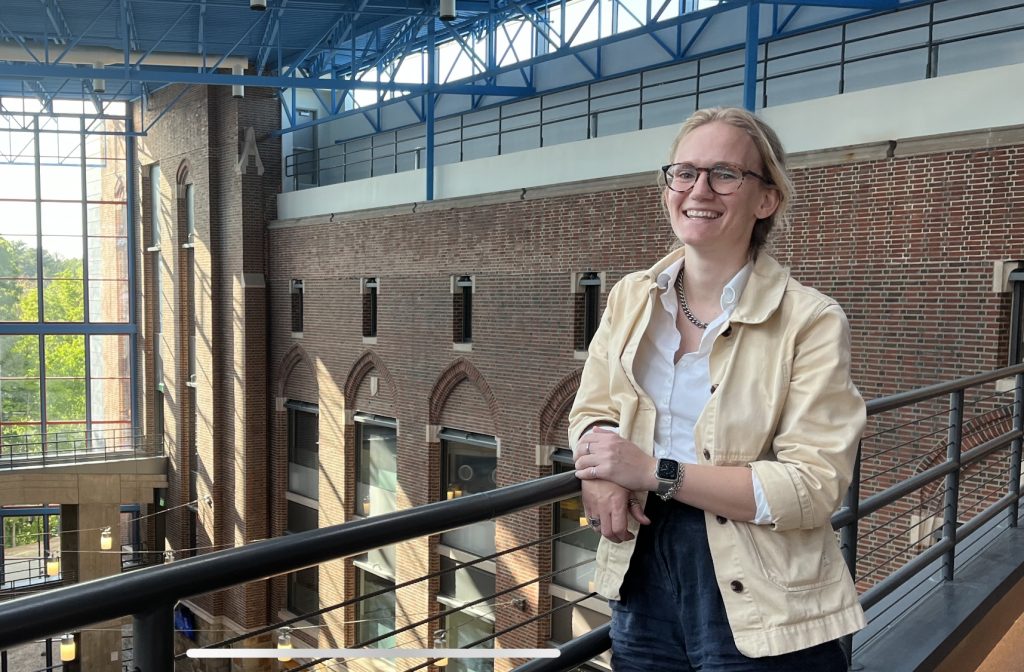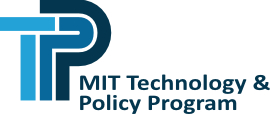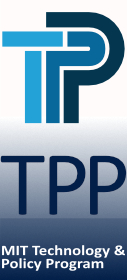
The cost of computer vision
Recent TPP graduate Maja Svanberg SM ’23 studies how the proliferation of AI is likely to affect market dynamics. She has a background in computer science and spent time working as a data engineer and technical leader before joining MIT. Her thesis “The Economic Advantage of Computer Vision Over Human Labor, and Its Market Implication” was awarded the TPP thesis prize in 2023.
What was the focus of your TPP thesis research?
My research focused on forecasting the proliferation of Computer Vision, and to some extent AI in general, not solely based on whether there is a use-case for it, but also whether it is a good financial investment. I compare the cost of developing and running a system to the cost of employing human labor to carry out a given task. In general, I find that while Computer Vision is less expensive than human labor across the economy, this is only true within the very largest firms. That could lead to increased market power, which is bad for both consumers and workers, and I suggest a few ways we could steer development in other directions. My work brings together economics, technical knowledge of deep learning, as well as digital policy.
Why did you choose to come to TPP?
I did research as an undergraduate, and I absolutely loved it. Yet, I decided to start an engineering job in industry after I graduated. A few years (and a pandemic) later, I found myself drifting away from solving nitty-gritty technical problems, and towards thinking about the social consequences of my work. The itch to return to academia was still there, so I pulled the trigger. I would have gone directly into a PhD, but being European most local programs required a master’s degree for admission. TPP was the only program I considered that allowed me to spend a substantial amount of time on research, which made it a no-brainer.
What are you doing next? How did TPP help shape your future plans?
I have moved home to Stockholm, and in the short term, I will spend the summer wrapping up the research project that my thesis was part of. TPP confirmed to me that I enjoy the research process, so while my medium- and long-term plans are uncertain (aren’t they always?) I hope that a PhD program will eventually be on the horizon.
What was your favorite thing about being a part of the TPP, MIT, or Boston/Cambridge communities?
It’s been an incredible two years with some of my now favorite people in the world. The friends I have met and communities I have found through TPP, MIT, and the larger Cambridge area, are genuinely caring and not afraid to get nerdy. But if I can only pick one thing, I will paraphrase fellow TPPer Allie Shepard ’19, SM ’23: it was all the coworking hours that seamlessly turned into happy hours.


